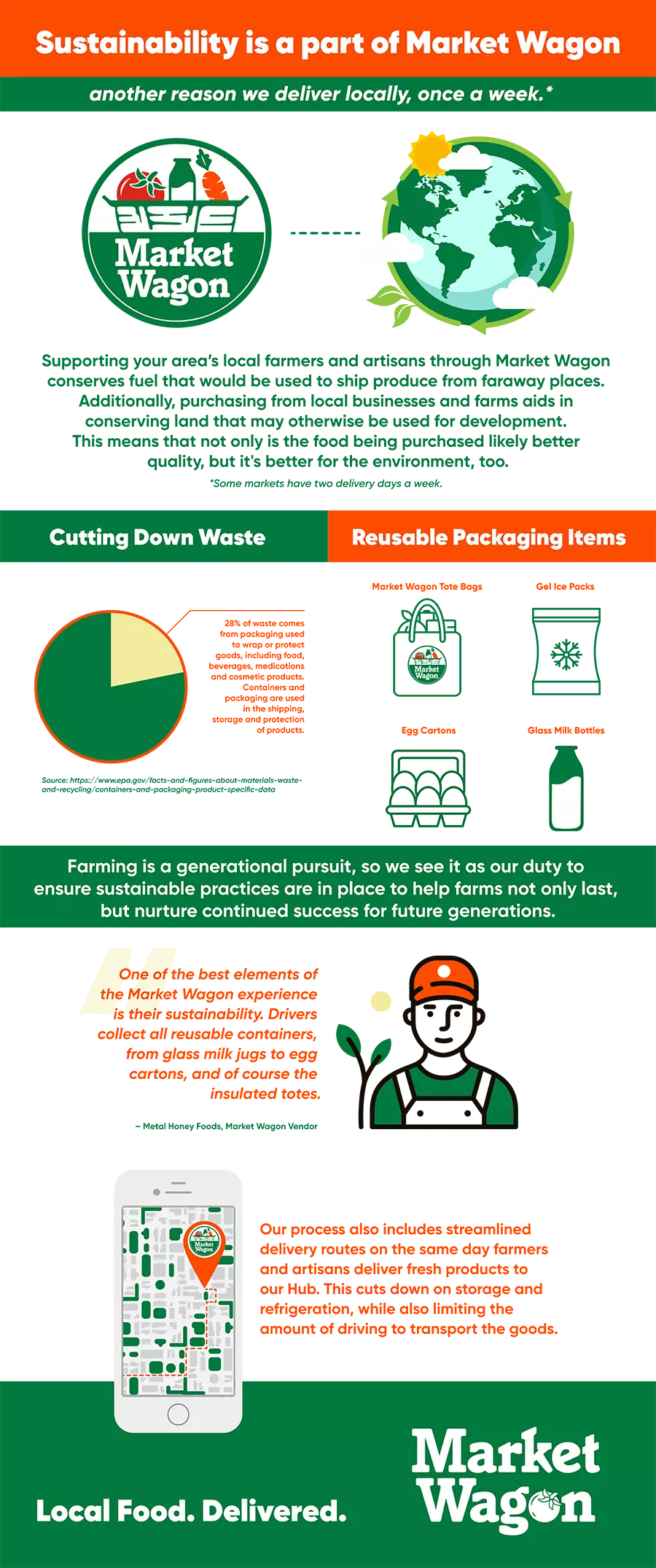Shattering the Illusion of Egg Label Claims
Jun 7th, 2019
Have you heard the stereotypes "helicopter parent" and "free range parent?" A helicopter parent hovers over their child every moment. On the contrary, a free range parent lets their kids roam wild, no rules, no boundaries. It's a term borrowed free range chickens, of course. There's just one problem...
That is not what a "free range" chicken, according to the USDA definition, gets to do.
From the name, you might infer that a free range chicken wanders around in an open field, going where ever they want to go and eating whatever they want to eat.
Ever since the term "free range" began to be regulated by the USDA, per its rules, a chicken only has to be given "access"--in the most limited sense of the word--to the outdoors. Note that it doesn't have to actually go outdoors. That means a free range hen could actually spend all of its life in crowded conditions, dining on unnatural, commercial feed, and never employ that "access" to see the light of day. In fact, that is what most of them do. And if a handful of the thousand of hens in that barn do find the door, they'll find it leads to a concrete pad, not a lush pasture.
Both the free range parent and helicopter parent would likely agree that this is far from the pastoral scene "free range" seems to evoke.
So with "free-range" out, what do you look for in the myriad of marketing rhetoric in the egg aisle? How are you do you know what to trust?
We've created the glossary of common egg labeling terms below to bring some clarity; but, in brief, pasture raised is probably what you are looking for if you want eggs from that "storybook" farm.
Know that to get that kind of egg--a truly pasture raised egg-- you may need to get out of that aisle completely.
The industrial food system and factory farming has such a strong hold on the market share that small farms, doing things well and right, can't always get placement in grocery stores. Your local farmers market and Market Wagon are both great avenues for pasture raised egg farmers... and pasture raised egg shoppers.
Both also offer the opportunity for consumers to get to know their farmers and where the eggs come from.
Instead of trying to discern truth from lies in the grocery store, you can read about the farm on Market Wagon's bio pages, complete with links to websites and social media pages. There is also the option to ask questions directly to the farmer from Market Wagon's site, similar to striking up a conversation at your local market.
The farmer's doing things well will be eager to share and, compared to corporate marketing teams, ensure you are not confused and overwhelmed. They will make sure you feel confident in your choice
Now, if only parenting was that simple.
Glossary of Egg Claims:
Farm Fresh - Means nothing.
Natural - Means nothing. All eggs are natural.
Hormone Free - Means nothing. It is actually illegal to give poultry hormones. (This goes for meat poultry too!)
No antibiotics - Means nothing. Rarely does a chicken that produces eggs receive antibiotics.
Cage-Free - Established by the USDA and means that hens are not raised in cages. They can walk around and flap their wings, but cage-free has no regulations for access to the outdoors.
Free Range - Established by the USDA. These hens are cage-free and do have access to the outdoors; however, there are not regulations on the amount of time a hen must spend outdoors or the conditions of the outdoor space.
Vegetarian - Means just what you'd think. The trouble is, chickens are omnivores. A vegetarian diet could be an indication that the hen does not have access to the outdoors.
Organic - Regulated by the USDA and it means that the chickens were fed grain without fertilizers and pesticides and are raised in free range conditions.
Non-GMO - All eggs are a non-GMO product. This means that the feed provided to the chicken is not comprised of genetically modified grain.
Pasture Raised - These hens are raised outdoors with access to shelter of some sort like a barn or a coop. They eat a varied diet of grass, bugs and grain (organic or not). This term is not regulated and sometimes the outdoor space provided can be small, it can be wooded or flat, or can change every day.
Certified Humane - These are established standard of care regulations established by Humane Farm Animal Care. Farms must apply and follow their programs which, at minimum, is cage-free.


